Professional Courses
Industry-relevant training in Business, Technology, and Design
Categories
Interactive Games
Fun games to boost memory, math, typing, and English skills
Typing
Memory
Math
English Adventures
Knowledge
Your CBSE Class 12 Roadmap to Score 90% in Boards

CBSE Class 12 is the final and most important lap of your school journey. You have probably heard everyone around you say, “This is your career-defining year,” and the pressure can feel intense and overwhelming.
But what if you decided to approach this year differently?
Think of this year not as a stressful series of exams, but as your own personal championship season. The board exams are your final match, and you are the star athlete preparing for the big day. Scoring above 90% is not about magic or luck, but rather about smart training, building endurance, and having a winning game plan.
This guide is designed to be your personal coach. It will provide you with a step-by-step roadmap to help you train your mind and body, so you can walk into the exam hall feeling prepared, confident, and ready to perform at your absolute peak.
Phase 1: The Pre-Season – Understanding the Game
No athlete begins training for a championship without first understanding the rules of their sport. Your pre-season, which should start at the very beginning of the academic year, is all about getting to know the game you are about to play.
Know the Rulebook: The CBSE Syllabus Your first and most critical step is to know exactly what you are working toward. The official CBSE syllabus is your rulebook. It tells you which topics are included in the curriculum and which are not, preventing you from wasting precious time and energy on irrelevant material.
You can download the latest syllabus for all your subjects directly from the official CBSE Academic website.
Know the Field: The Exam Pattern Next, you need to understand the exam pattern for each subject. How many sections will there be in the paper? What is the weightage of multiple-choice questions (MCQs) versus long-answer questions? Knowing the structure of the game helps you create a better strategy for your preparation.
Assembling Your Gear: The Right Books and Tools Every athlete needs the right gear. For a CBSE student, your primary gear is your set of NCERT textbooks. These books are the official "rulebook" for the board exams, and you must master them completely.
You can use other reference books, but think of them as supplementary training gear—only to be used after you have perfected your fundamentals with the NCERT books.
Pro Tip: For subject-wise tools, revision formats, and concept explainers designed specifically for the CBSE curriculum, you can visit AllRounder.ai Courses.
Phase 2: The Training Season – Building Your Academic Strength
Success in any sport comes from consistent, daily training, not just from practicing hard a week before the match. The same principle applies to your board exams. Your goal is to build your academic "muscles" steadily throughout the year.
Designing Your Personalized Training Plan You do not need to study for 10 hours a day to score well. What you need is a focused and balanced timetable that builds your knowledge without causing injury in the form of burnout.
A good training plan should be personalized to your strengths and weaknesses. Identify your peak performance hours—are you a morning person who is sharpest at 6 a.m., or a night owl who does their best work after dinner? Schedule your "heavy lifting" (the most difficult subjects) for these hours.
Here is a sample training plan you can adapt: - Monday: Strength training for Physics concepts + Agility drills with English Grammar. - Tuesday: Endurance session for Maths problems + Strategy session for Accountancy/History. - Wednesday: Technique refinement for Chemistry reactions + A full Revision of the week's training. - Thursday: Tactical plays for Business Studies/Biology + Speed drills with MCQs. - Friday: Game analysis for Economics/Political Science + Skill practice with Essay Writing. - Saturday: A full-length Mock Paper (treat this like a practice match). - Sunday: An active recovery day with light revision, brain games, or typing practice.
If you need help staying consistent, you can use the revision games and focus timers available at AllRounder.ai Games.
The Daily Drill: Consistency is Key Success in Class 12 is all about building strong daily habits. A disciplined daily routine builds the "muscle memory" you need to recall concepts easily during the exam.
Your daily drill should include: - 2 hours of concept learning: This is where you learn new plays and techniques from your textbooks. - 1 hour of revision: This is like reviewing your training session. Go over the notes or summary sheets you have prepared. - 1 hour of practice: This is your daily workout. Solve a section of a question paper or practice specific types of problems related to what you learned.
You can also boost your writing speed, which is crucial for the long-answer formats in board exams, with the typing practice tools at AllRounder.ai Typing.
Phase 3: The Practice Matches – Simulating Exam Day
The best way to eliminate stress and fear on the actual exam day is to replicate the exam conditions as many times as possible beforehand. This is where mock tests come in.
Why Mock Tests are Your Best Sparring Partners Mock tests are your practice matches. They are not just about testing your knowledge; they are about building your mental stamina and your strategy for the 3-hour marathon of the board exam.
They help you understand your weaknesses when you are under pressure, so you can work on them before the final, most important match.
The Post-Match Analysis After you complete every mock test, you must treat the experience like reviewing a game tape. - Do not just look at your final score. Go through your paper question by question and categorize your mistakes. - Did you make a silly calculation error? Was there a gap in your conceptual understanding? Or did you run out of time? - Create an "error notebook" where you write down your common mistakes. - Try to re-solve the incorrect questions without a time limit to see if you can get them right.
This process of self-evaluation and correction is what will dramatically boost both your confidence and your scores.
The Coach's Playbook: Smart Training Techniques
It is not about how many hours you put into studying; it is about how you study during those hours. Here is what top-scoring students do differently.
- They create 1-page summary sheets for each chapter. Think of these as your personal playbook that you can review quickly in the final days before the exam.
- They attend doubt-clearing sessions regularly. This is like having a one-on-one session with your coach to fix your mistakes and refine your technique.
- They practice with the last 5 years' board papers. This is like studying the game tapes of past championships to understand the opponent's strategy and common patterns.
- They use MCQ drills for quick recall of important facts, dates, and formulas.
- They combine their study sessions with active breaks. Get up from your desk, stretch, walk around, and make sure you drink enough water.
Remember, a fresh and well-rested brain can retain information much more effectively than a tired one.
Recovery and Nutrition: Fueling Your Brain for Peak Performance
No athlete can expect to perform at their peak without proper rest and nutrition. Your brain is a part of your body, and it needs to be taken care of, especially during a demanding year like Class 12.
Board exam preparation does not mean you have to sacrifice your well-being. Here are some simple habits to help you stay sharp: - Study in focused blocks of 60 to 90 minutes. Our brains are not designed to concentrate for hours on end without a break. - Take short, active breaks. Step away from your desk and do something physical instead of just scrolling on your phone. - Include fun and engaging brain exercises in your routine, like typing games or flash quizzes. - Get 7-8 hours of quality sleep every night. This is non-negotiable. Sleep is when your brain repairs itself and consolidates everything you have learned during the day into long-term memory.
Always remember that mental clarity and a well-rested mind are far more powerful than late-night cramming sessions.
Your Pre-Game Ritual: The Final Week Checklist
A few weeks before your final exams, you should run through this checklist to make sure you are ready for game day. - Have you completed the entire CBSE syllabus for all subjects at least once? - Have you practiced at least 10 timed mock papers under real exam conditions? - Are your revision notes and one-page summary sheets (your "playbook") organized and ready? - Are you mentally prepared to stay calm and focused in the exam hall?
If you can say "yes" to most of these questions, then you can be confident that you are exam-ready.
Game Day: Trust Your Training
Class 12 is a significant milestone, but it does not have to be an overwhelming and stressful experience. You do not need to be perfect every single day; you just need a reliable plan and the discipline to follow through with it. Even a small 1% improvement in your preparation each day will add up to a huge difference over time.
So, believe in the training you have done. Trust your preparation. Do not be afraid to ask for help when you need it. Take your breaks, revise smartly, and stay consistent.
Explore revision games, writing drills, study planners, and more at AllRounder.ai.
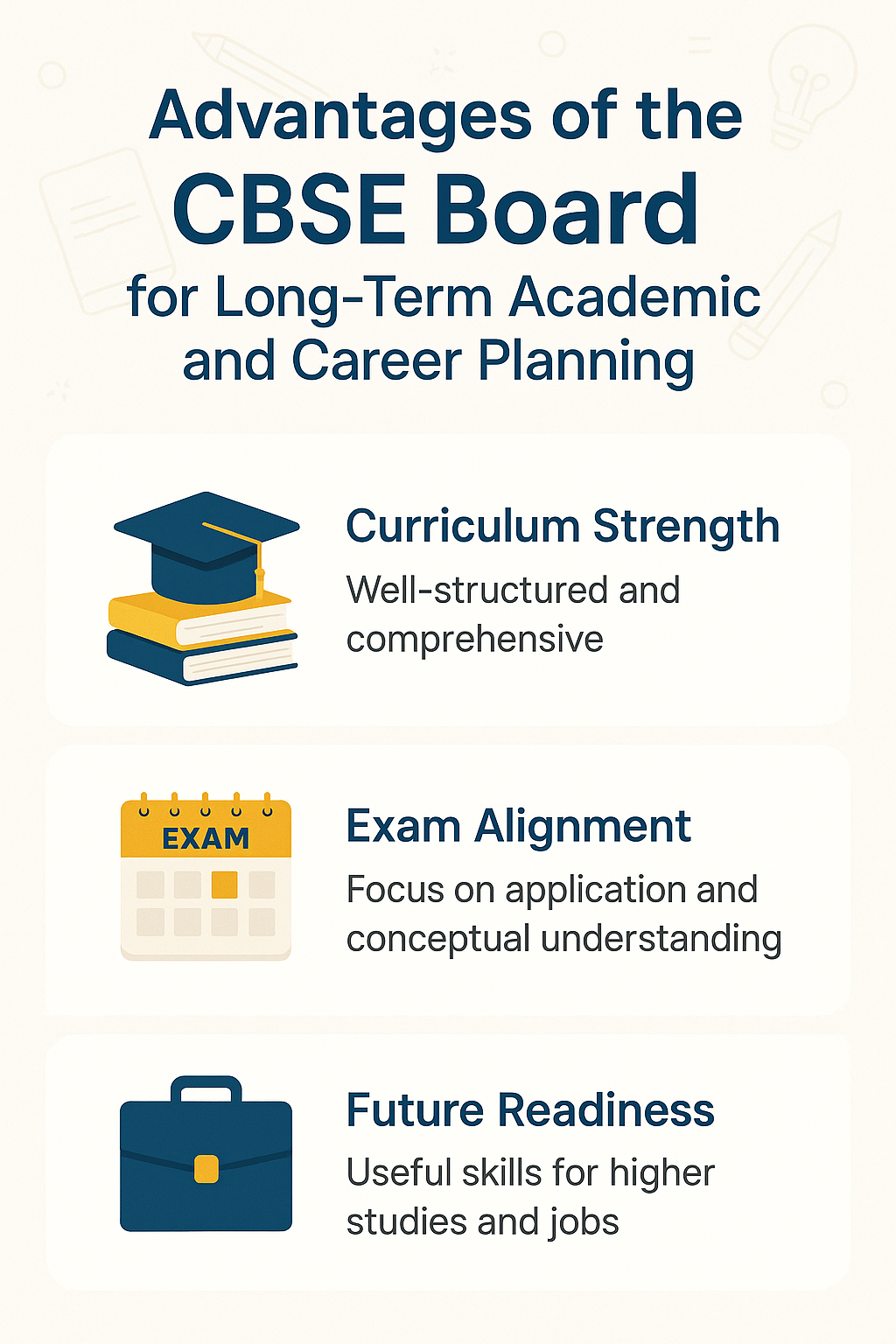
Discover the advantages of the CBSE board for long-term academic and career planning, including curriculum strength,...
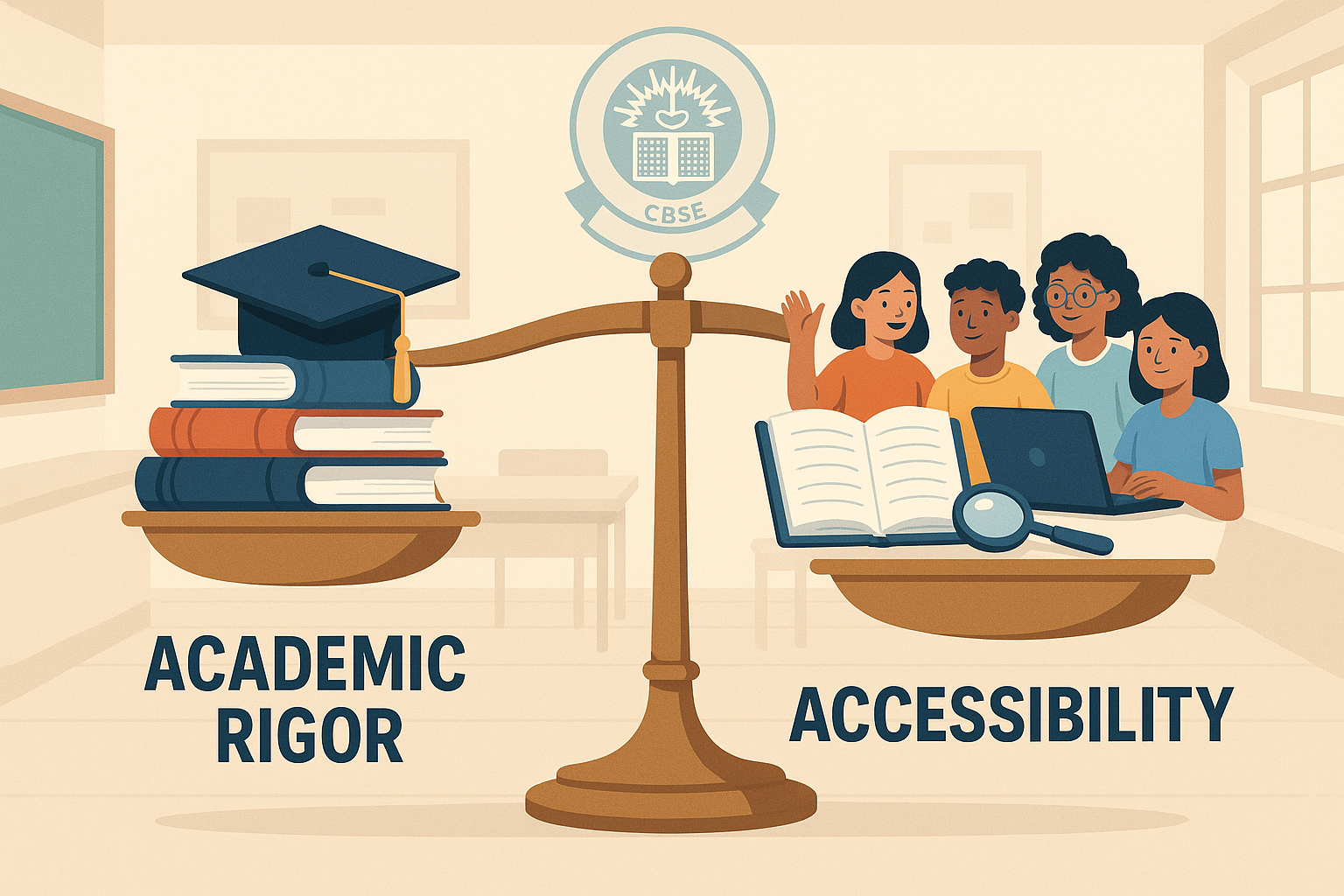
Explore how the CBSE board balances academic rigor and accessibility through its curriculum, syllabus, exams, and...
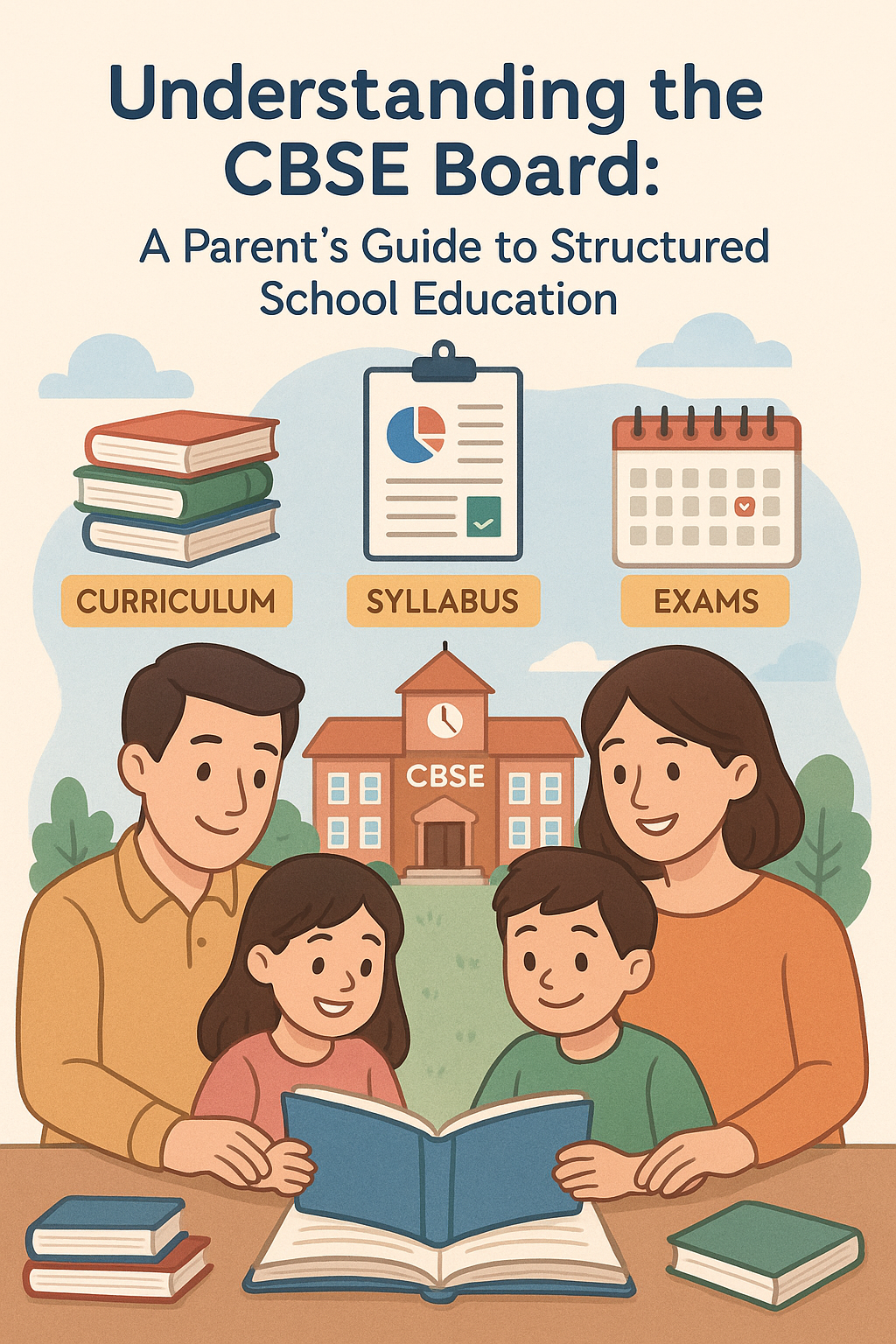
A complete parent’s guide to understanding the CBSE board, its curriculum, syllabus, advantages, exam structure, and...
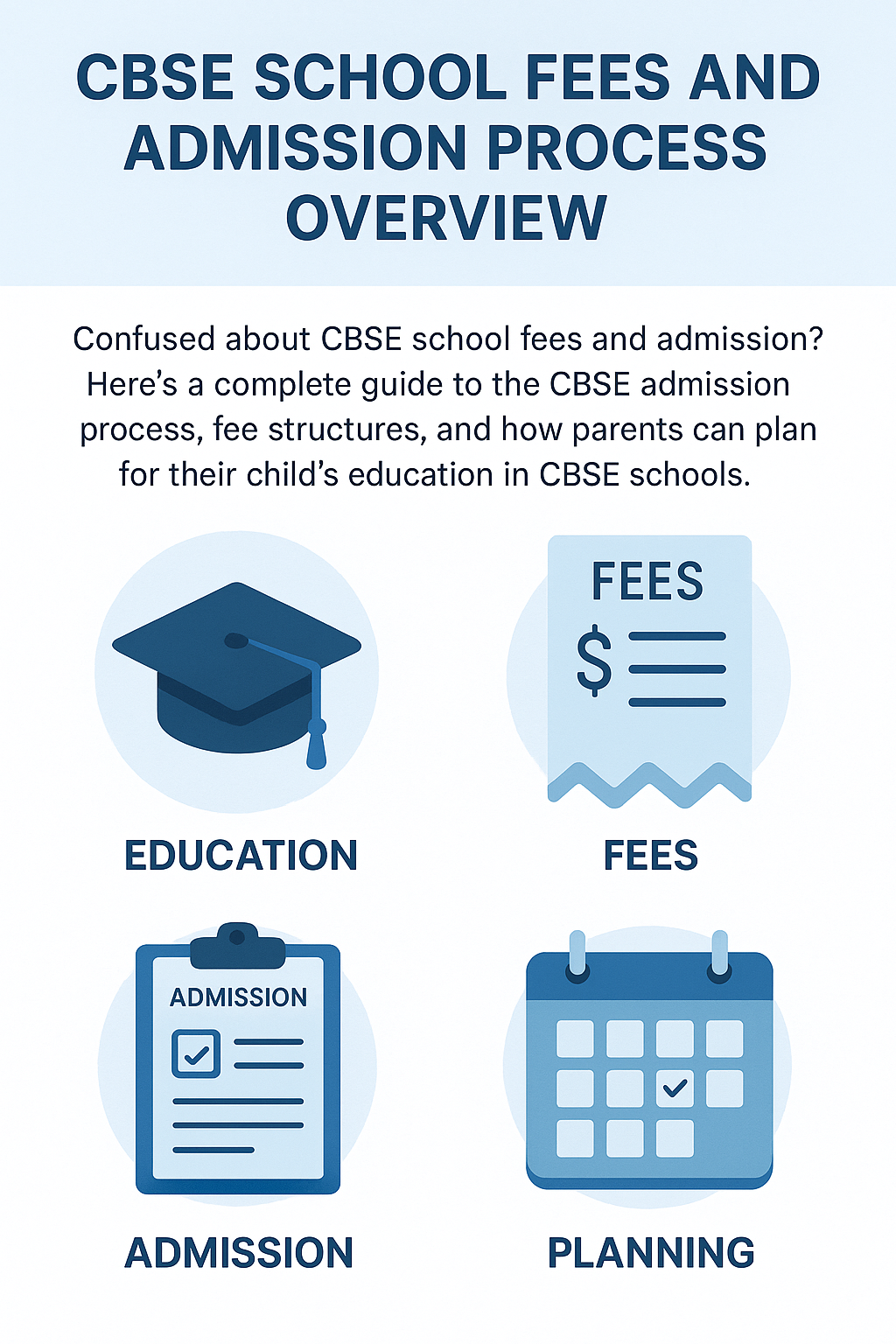
Confused about CBSE school fees and admission? Here’s a complete guide to the CBSE admission process, fee...
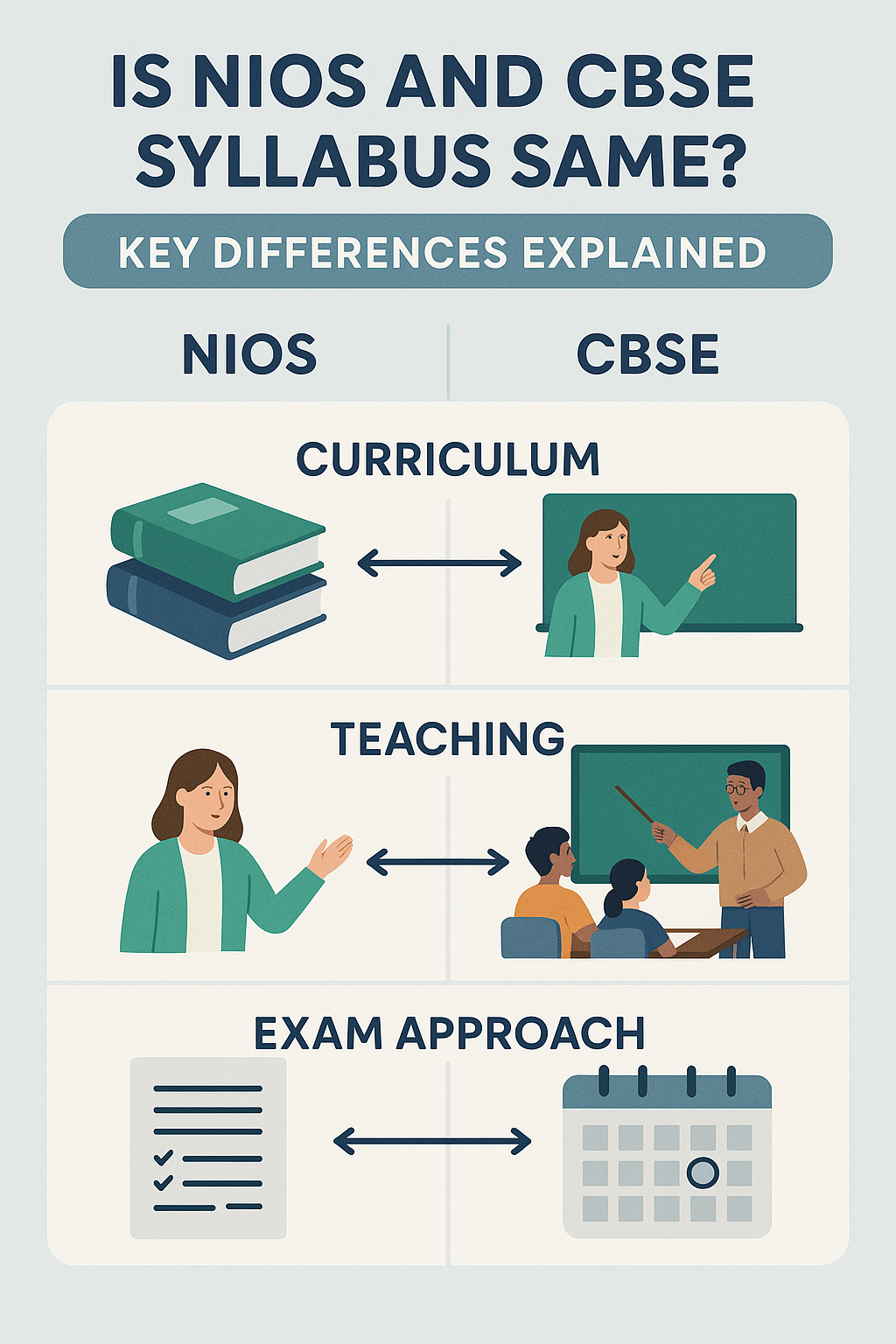
Is NIOS and CBSE syllabus same? Discover the key differences in curriculum, teaching, and exam approach. Learn how...
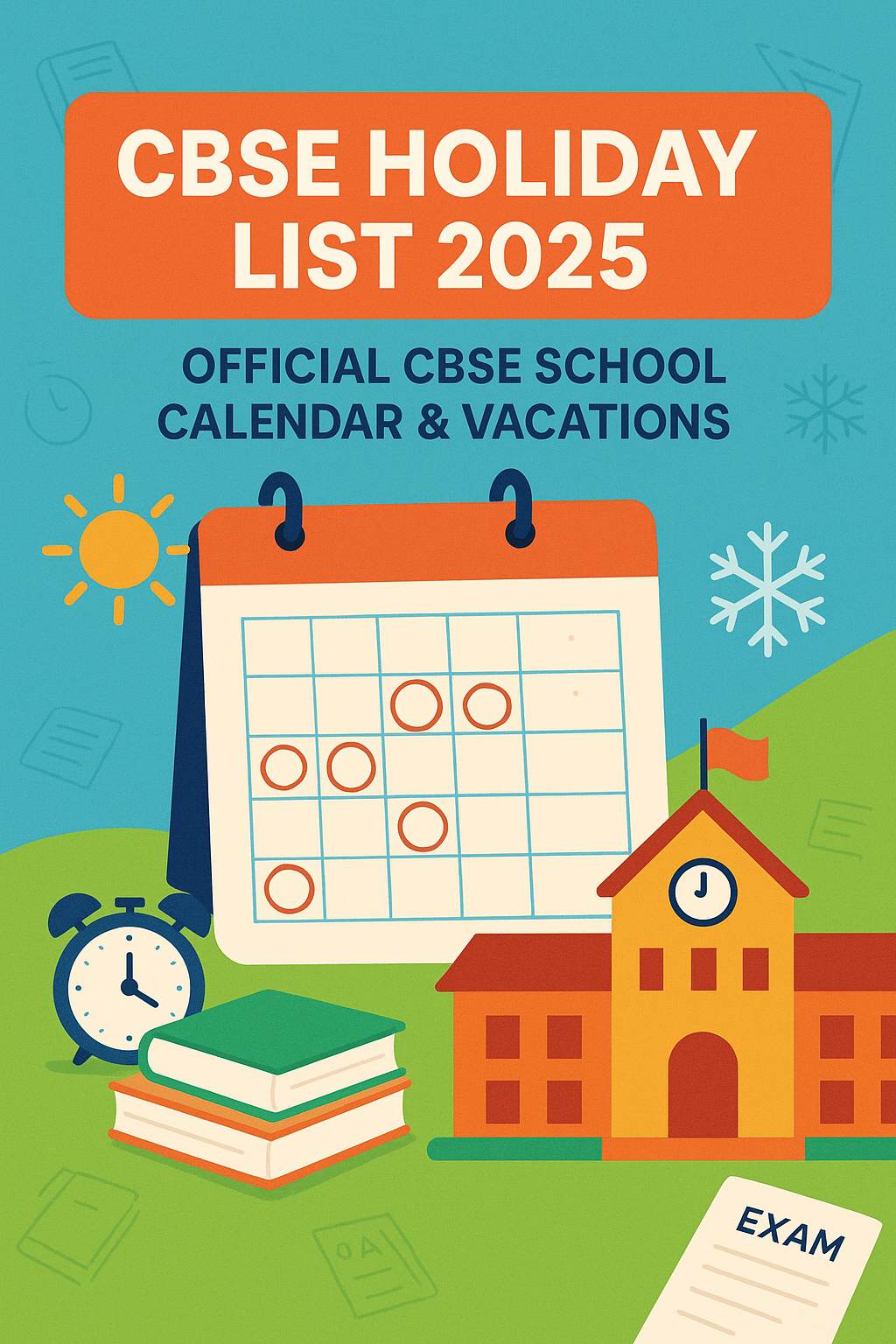
CBSE Holiday List 2025: Explore the official school calendar, national & regional holidays, summer & winter...
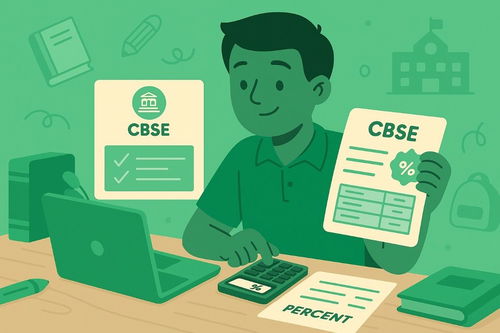
Learn how to calculate your CBSE 12th percentage from your marksheet using the official formula with a simple...
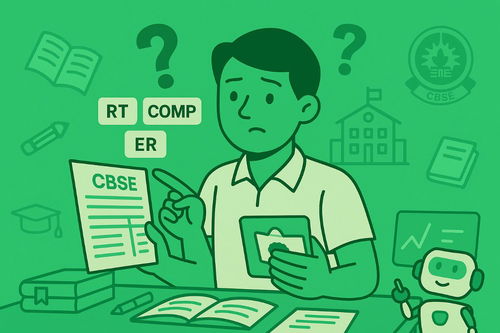
Confused about RT, COMP, and ER on your CBSE marksheet? Learn their meanings, reasons, and what steps you should...
Learn everything about the CTET exam for aspiring CBSE school teachers, including eligibility, syllabus, preparation...

Looking to apply for the CBSE Single Girl Child Scholarship Scheme? Learn eligibility, documents, application steps,...

Discover everything parents and students need to know about the CBSE Class 9 registration process, including...

Learn everything about the CBSE private candidate application process and rules. Understand eligibility,...

Confused about the CBSE answer key? This guide explains how to access it, interpret it, and use it to analyse your...

Confused about how CBSE re-evaluation or re-checking works? This guide explains eligibility, steps, fees, deadlines,...

Discover how to use the CBSE Academics website to access important resources like curriculum, sample papers, and...
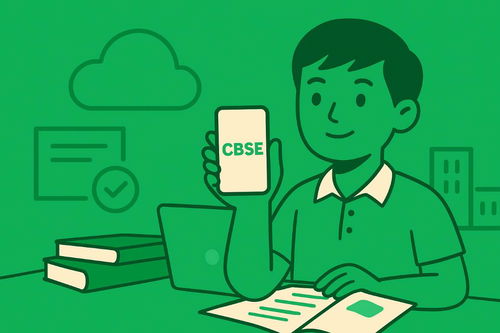
Learn how to easily access your CBSE marksheets and certificates using DigiLocker. This step-by-step guide helps...
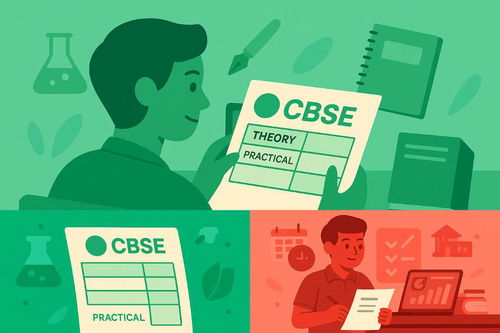
Confused about CBSE passing marks for theory and practical exams? This guide explains the minimum marks needed to...
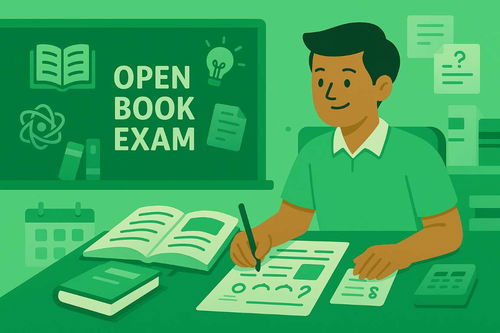
Learn how the CBSE Open Book Exam will be implemented for Class 9 and Class 11 students. Understand the benefits,...
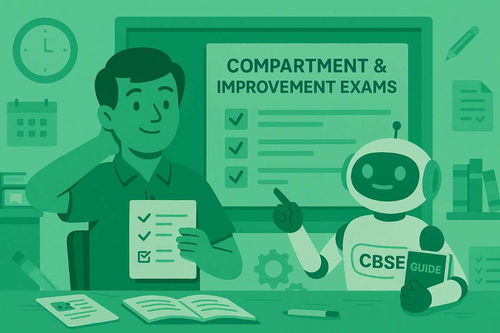
Confused about the CBSE compartment and improvement exam process? This complete guide explains eligibility, how to...
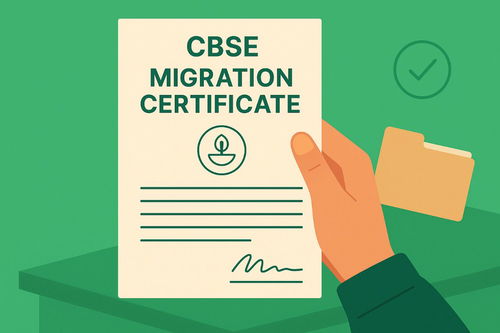
Learn how to obtain your CBSE Migration Certificate after Class 10 or Class 12. This detailed guide walks you...

Confused about your CBSE Admit Card? This easy step-by-step guide explains how to download it, what details to...

Discover what CBSE competency-based questions are and learn how to answer them expertly to you ace your exams.

Boost your Class 10 CBSE board prep with sample papers. Learn how to revise smartly, manage time, and score higher...

Learn how to score high in the CBSE curriculum with a subject-by-subject guide, expert tips, and AllRounder.ai tools...

Compare CBSE vs ICSE to choose the best board for your child. Understand syllabus, teaching style, exam prep, fees, and more.

Understand the latest CBSE marking scheme and question paper pattern. Learn about competency-based questions,...

Want to score above 95% in your CBSE Class 10 boards? Our strategy guide breaks down topper study plans to revision...

Compare CBSE vs ICSE to find the best board for NEET and JEE preparation. Understand syllabus match, exam formats,...

Treat your CBSE Class 12 exams using an athlete's approach to help you train, strategize, and perform your best on exam day.

Get ready for your CBSE Class 10 board exams with our survival kit. Find the official syllabus, a smart study...

Learn how to verify CBSE marksheets, certificates, and results online. Step-by-step guide for students and parents...

Master CBSE with top-rated tools, study planners, and expert online help. Perfect guide for Class 9–12 students...

Learn about CBSE – its full form, history, objectives, and structure. Get insights into CBSE’s role in Indian education.
Resources
-
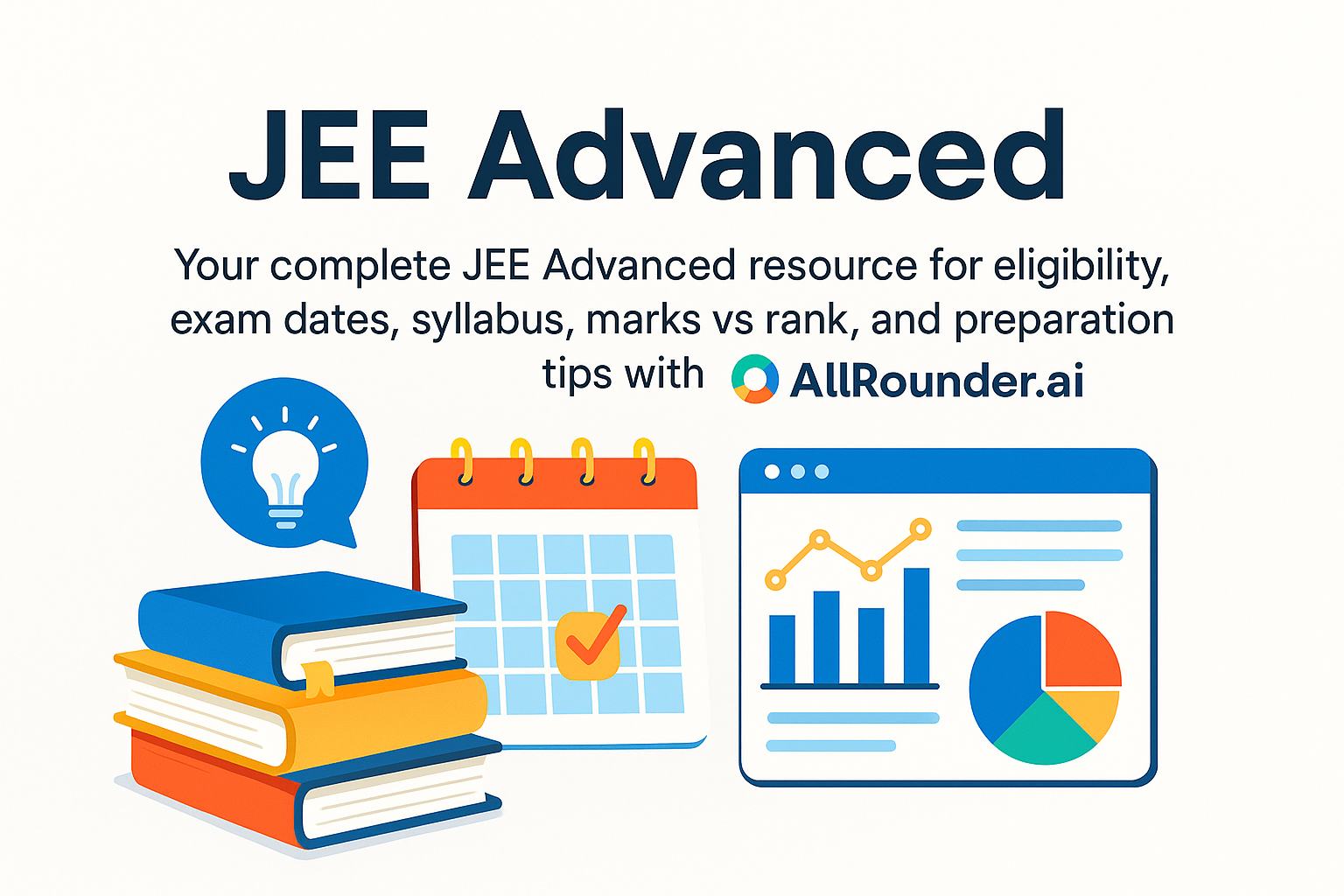
Your complete JEE Advanced resource for eligibility, exam dates, syllabus, marks vs rank, and...
-
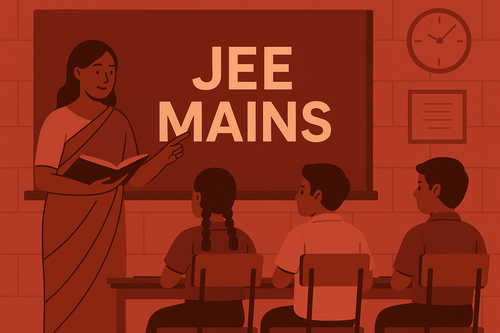
Understand the entire JEE Main process, from application and eligibility rules to the exam...
-

Explore the IB Board – a global curriculum emphasizing holistic, student-centered learning...
-

Learn about CBSE – India’s national school board offering a standardized curriculum, NCERT...
-

Explore everything about the ICSE board – its curriculum, subjects, exam format, and academic...
